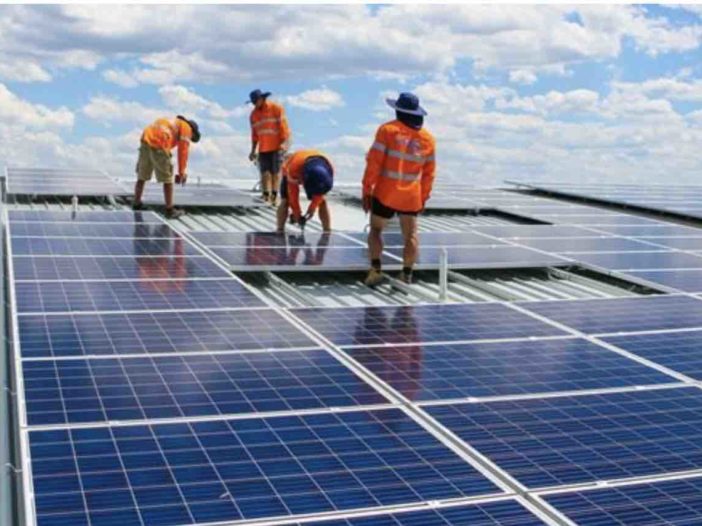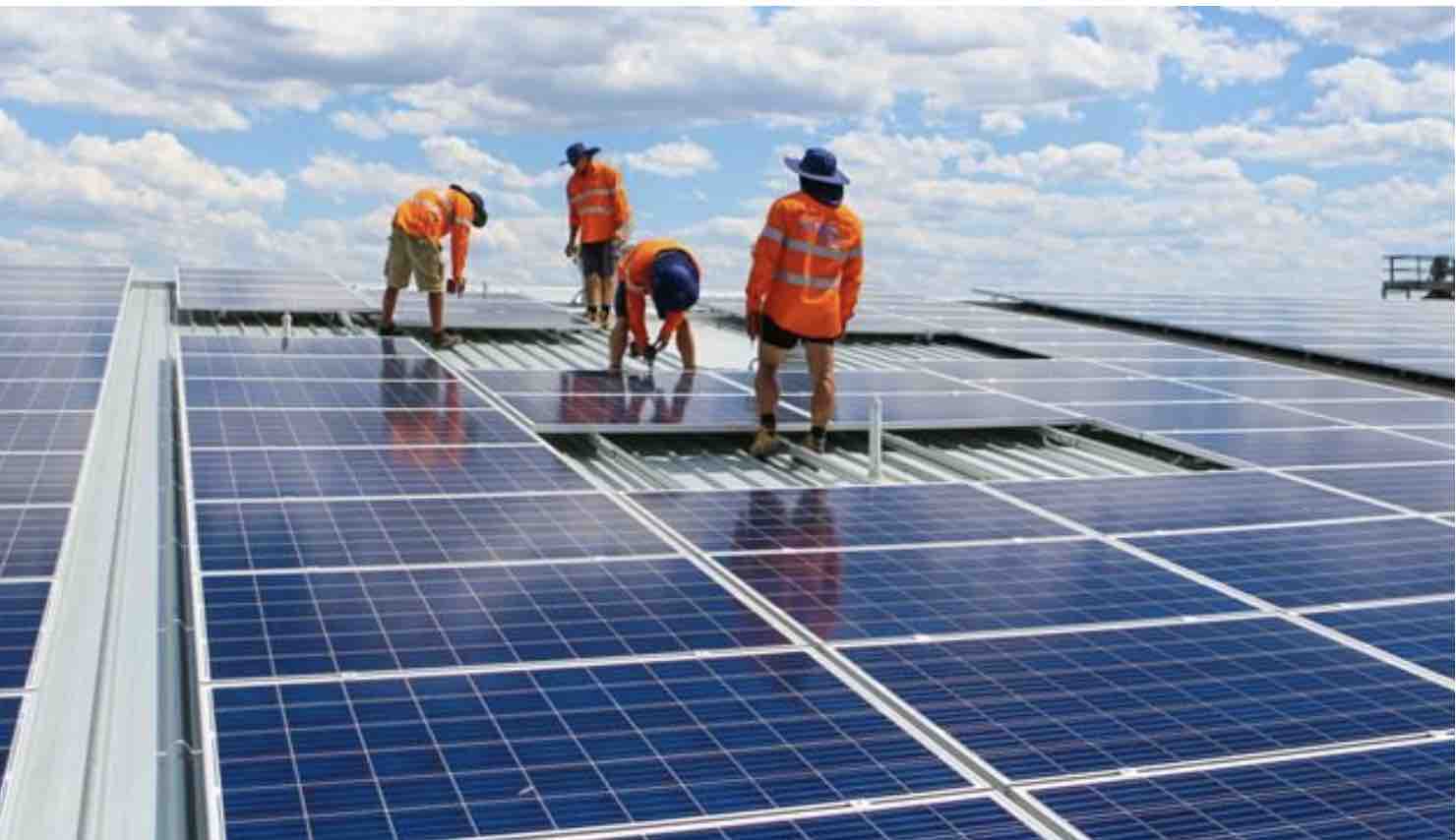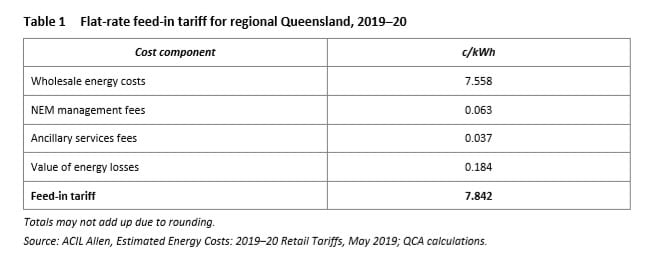
Rooftop solar households in regional Queensland are set to receive more than 15 per cent less for the solar PV generated electricity they send back to the grid, after the state’s pricing regulator proposed a cut to the feed-in tariff.
The Queensland Competition Authority said in a statement released late Friday that it had set the 2019-20 solar tariff for customers on the Ergon network at 7.8 cents per kWh, around 1.5 cents per kWh lower than last year’s tariff of 9.4 cents per kWh.
QCA said the proposal to reduce the feed-in tariff for small-scale solar customers in regional Queensland was based largely on the falling price of wholesale energy – a price reduction delivered, ironically, by renewable generation like rooftop solar.
Queensland has seen strong uptake in rooftop solar installation, and leads all states and territories with over 600,000 rooftop solar systems installed, according to data from the Clean Energy Regulator, as households look for ways to manage their energy costs.
“This reduction is driven mainly by the projected decrease in price volatility in Queensland and other NEM regions due to the expected entry of approximately 5,200 megawatts (MW) of solar and wind generation, of which 1,350 MW is expected to be in Queensland,” the QCA said.
The QCA engaged consultant ACIL Allen to project future wholesale electricity prices, who singled out the Queensland Government’s own investment vehicle CleanCo and its more aggressive operation of the Wivenhoe pumped hydro storage plant as driving down future prices.
Regulators have sought to determine a “fair price” for the excess generation from rooftop solar system, that is exported to the grid and sold back to electricity retailers. The QCA takes an “avoided cost” approach to determining the relevant payment rate, taking into account the wholesale cost of electricity and avoided network costs.
The methodology however, does not seek to quantify any of the social or environmental benefits of electricity generated by a rooftop solar systems, such as avoided emissions from Queensland’s coal heavy electricity market.
The tariff cut – and the slightly topsy-turvy reasoning behind it – is reminiscent of that of dished out by the New South Wales pricing regulator, IPART, in 2018.
As we reported at the time, IPART cut the state’s recommended feed-in tariff by around 3c/kWh for 2018/19, despite the role distributed solar had played in slashing the state’s power price peaks.
“The increasing penetration of solar during the afternoon is resulting in prices lower than they otherwise would be, due to a reduction in the system-wide demand for electricity from the NEM at this time,” the IPART said.
“As a result of these lower prices, retailers are paying less when they buy wholesale electricity during the afternoon.”
Unlike New South Wales, however, where the FiT range is a guideline for retailers only, Queensland’s tariffs are mandatory, with a single feed-in tariff for determined for all of regional Queensland.
The QCA says the pricing projections modelled by consultant ACIL Allen attributed the projected decrease in power price volatility to the expected entry of renewable generation and the Queensland Government’s directive to establish CleanCo, which will operate from 1 July 2019.
“The key impact of CleanCo on wholesale energy costs is expected to arise from the change in operation of the Wivenhoe pumped storage hydroelectric plant. As part of CleanCo (a small generation portfolio2), Wivenhoe is expected to operate more aggressively and ramp up during periods of high spot prices, which would likely place downward pressure on peak prices.” QCA said in its report.
The announcement from QCA was joined by an announcement by the Queensland Government that the cost to purchase electricity by regional households would also fall by an estimated 4.4 per cent for households and 5.8 per cent for businesses.
“This shows our Affordable Energy Plan is delivering on the cost of living for regional Queenslanders and that our renewable energy policies are helping put downward pressure on prices as well as cutting emissions,” Queensland energy minister Dr Anthony Lynham said.

Sophie is editor of One Step Off The Grid and deputy editor of its sister site, Renew Economy. Sophie has been writing about clean energy for more than a decade.




